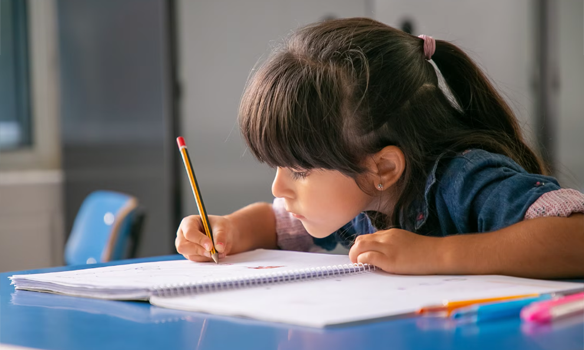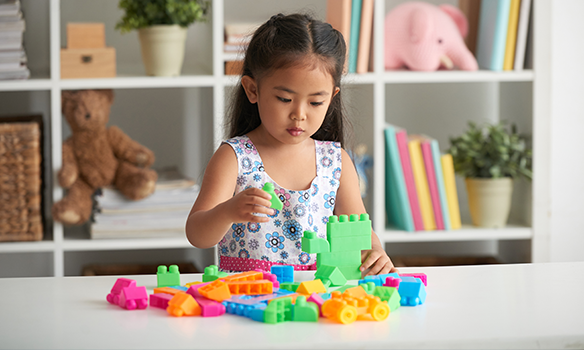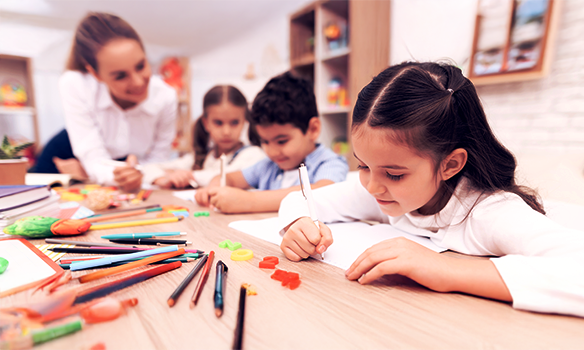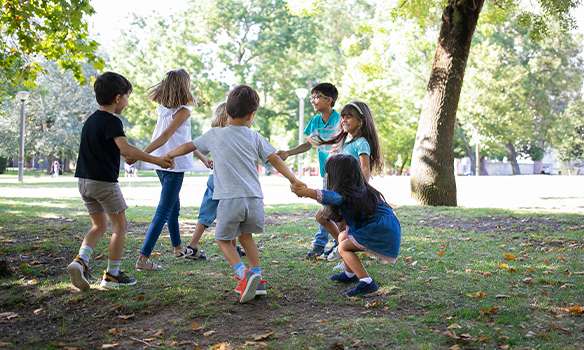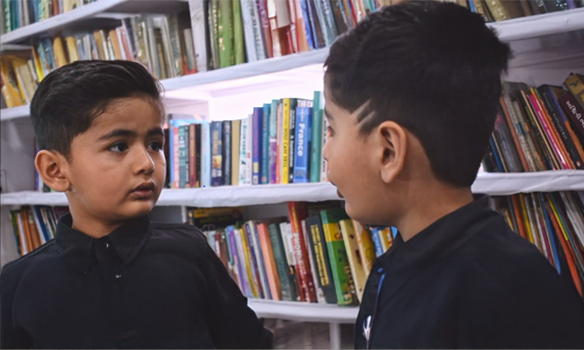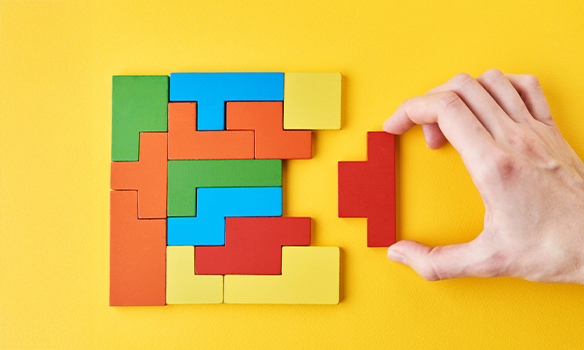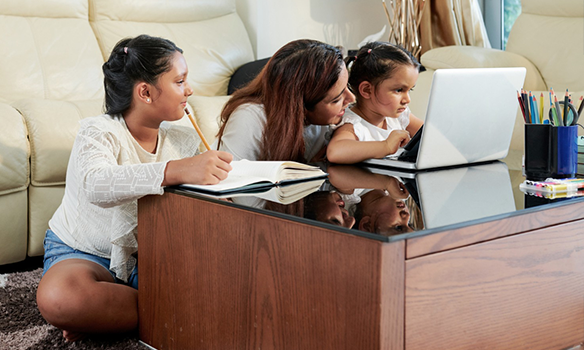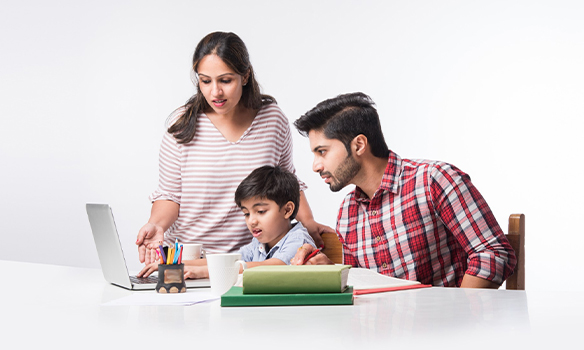Sustainable Materialism
Consumerism is a cultural model that promotes the purchase of goods as a mode for
personal satisfaction and economic stimulation. With an increase in population, global
communication and marketing, consumerism is booming. But, have you wondered
about what it is doing to our planet? Look at your immediate surroundings and think
about where the pollution is coming from or why are you experiencing three different
seasons in a single day? Consumerism plays a very important role in affecting the
environment and we as responsible citizens must try and save every bit of it.
Children have a way of getting things and we as their parents or caretakers wish to fulfill
their every demand and desire. There is nothing wrong with it but wouldn’t it be
wonderful if our children made responsible demands? How nice it would be if your child
comes to you and asks you for a recycled or upcycled notebook instead of asking for a
notebook that cost our planet one tree! This is where sustainable materialism comes
into picture. A concept that every child and adult must learn, understand and adapt.
Sustainable materialism is all about community based food, fashion and energy. New,
used or upcycled materials that think about the planet and increasing its life. It is about
quality over quantity. We’re here to help you teach your children sustainability and
quality life over unnecessary materialism.
How to respond to requests
Decide your responses based on what the child asks for. Praise if they are asking
for something that is not unnecessary. For eg- a new plant that they want to grow
or something sustainable that they want to decorate their room with, like an old
painting that caught their eye on the streets. If they are asking for something
unreasonable, be firm and explain to them your reason for saying no. Try to have
a reason for your answers always. For eg- they want a new dress after they just
bought a new one the previous weekend. Explain to them the life cyle of clothes.
Talk to them about fashion and how to style one dress in different ways if they
are looking for a change.
Give your children constructive feedbacks
Regardless of what they want and what your answers for their demands are, give
them feedback. This will help them understand what is okay and what is not.
Understand development of children in different phases
Toddlers may throw tantrums when they don’t understand something and school
children may simply feel bad and not express. Try to evaluate what they are
going through and base your responses in a way that’s not hurtful. Being patient
is the key.
Set examples
You are role models for your children. If you believe in something, it is most likely
that your children will believe in it too. If you give your old clothes to your
househelp, your children will too. If you buy sustainable clothes that last longer,
your children will too. So, set examples by doing what you want your children to
do.
Use thoughtfully
Make sure that they make use of whatever they have to the fullest. For eg- tell
them to use every page of their notebook. Keep a small box for erasers so that
they don’t lose it and make sure that every eraser gets used completely instead
of buying a new one when the older one gets lost. Use sustainable cleaning
materials.
Don't waste food or electricity
Use the leftovers to feed street animals instead of throwing it. That way, you can
teach compassion and sustainability to your children with just one activity. Switch
off the lights and fans when not in use and teach your children the same. Use air
conditioners responsibly and tell your children why.
Related Blogs
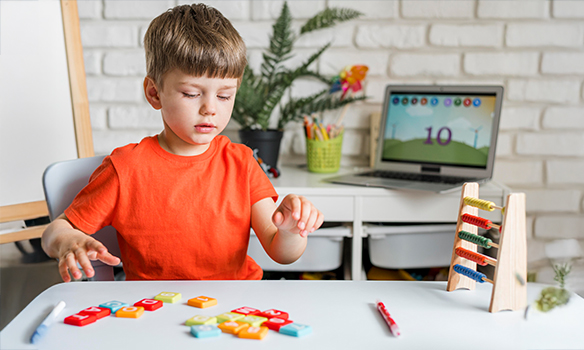
Early Learning in Nagpur: Using Phonics and Math to Build Strong Foundations for 3-Year-Olds






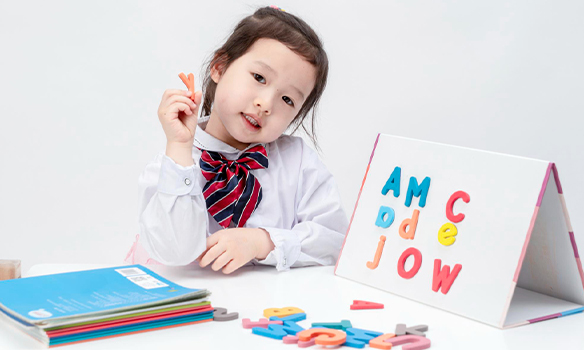
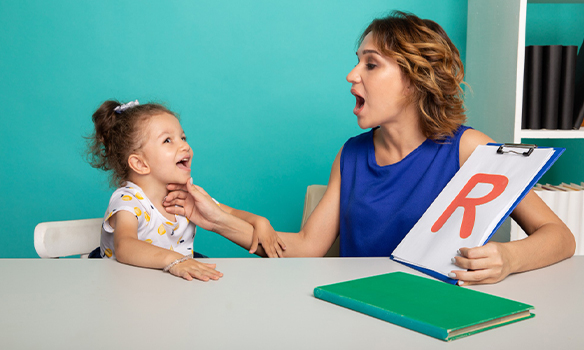
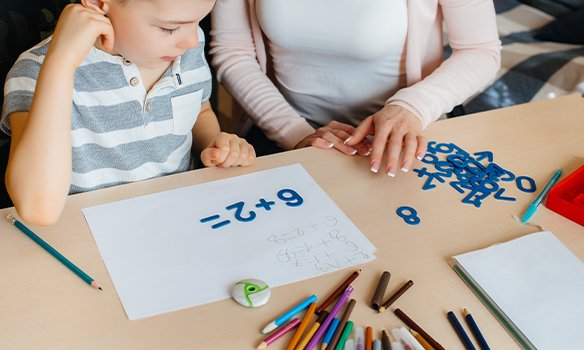
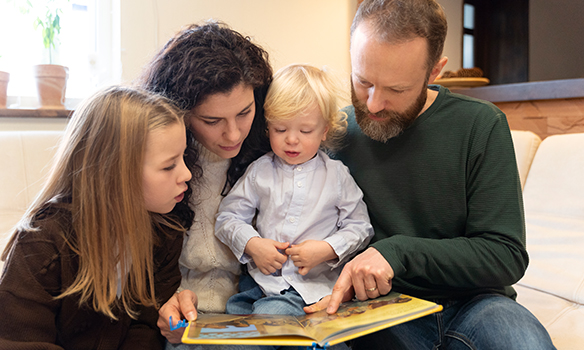
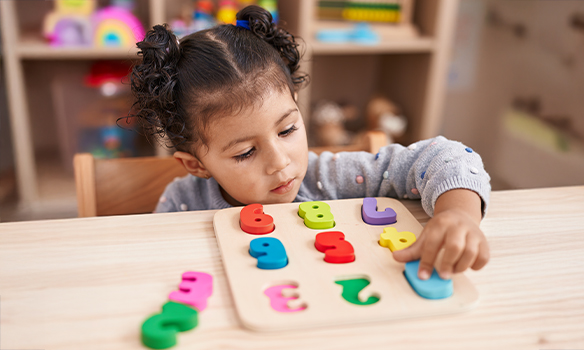
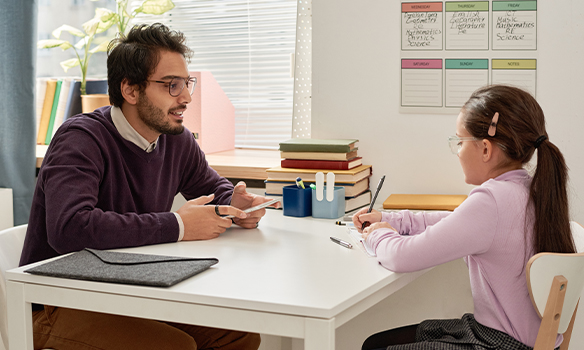


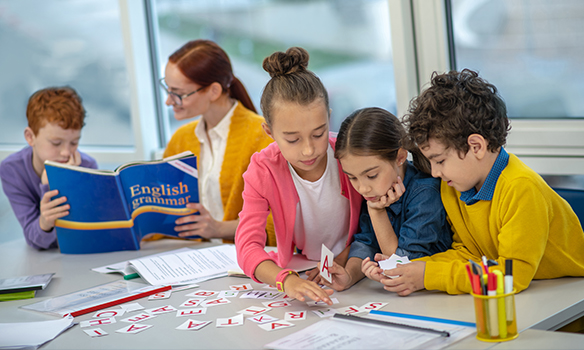
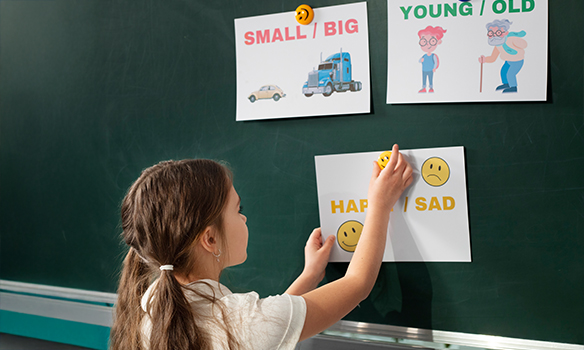
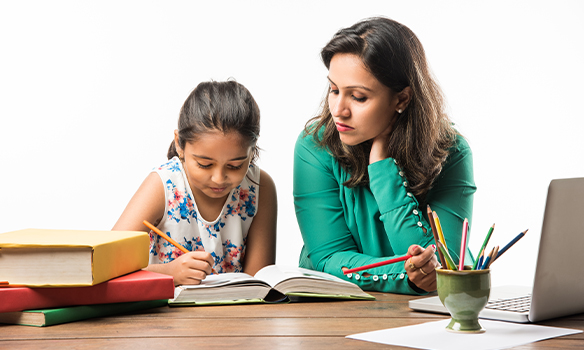




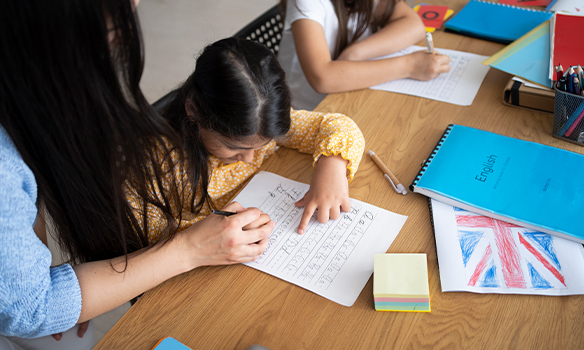

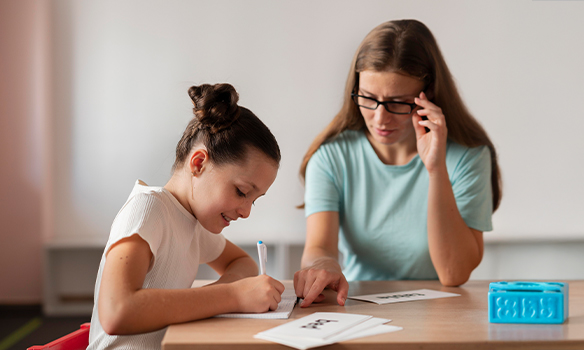
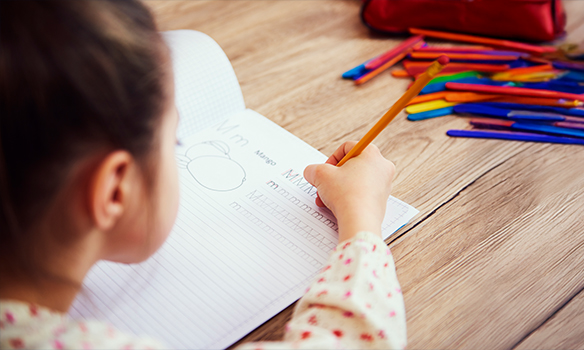

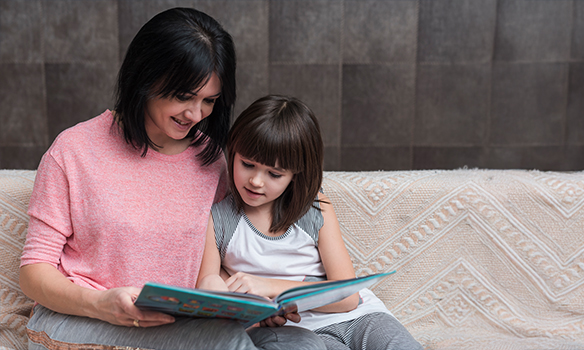

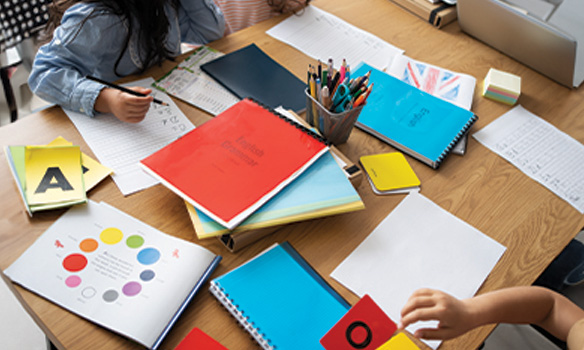

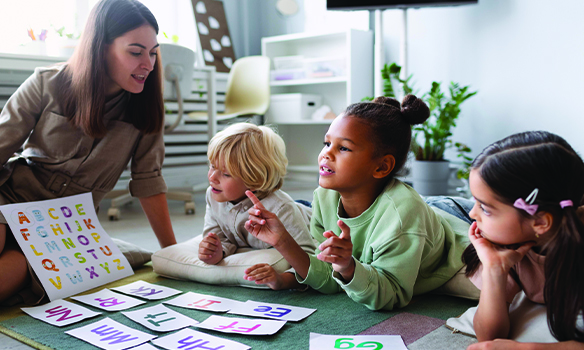
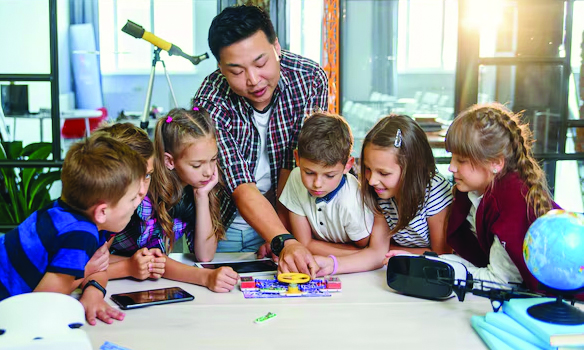

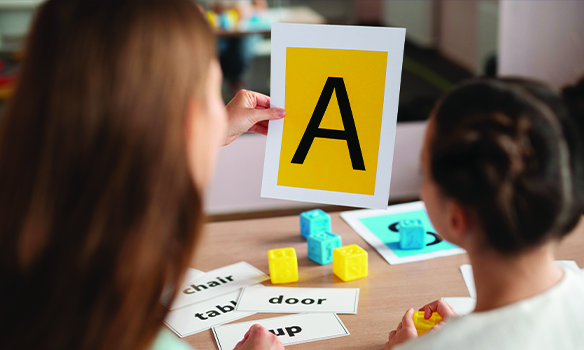
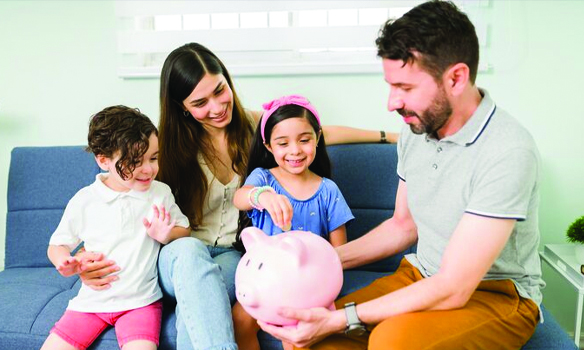

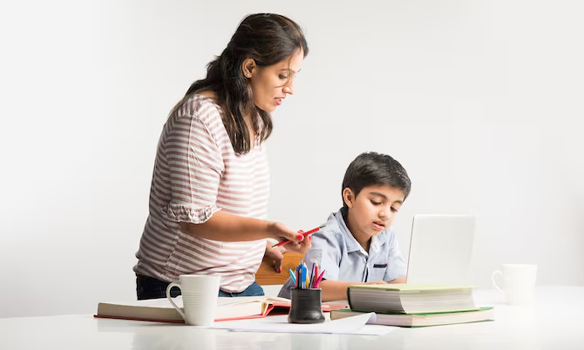
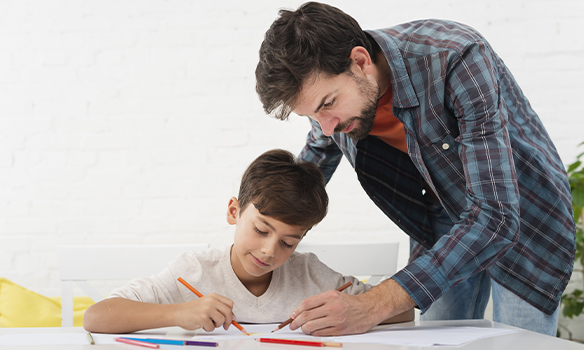



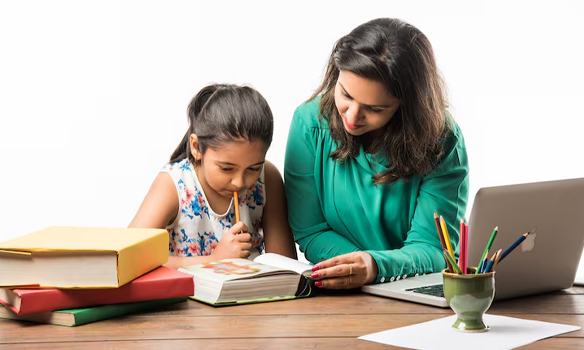
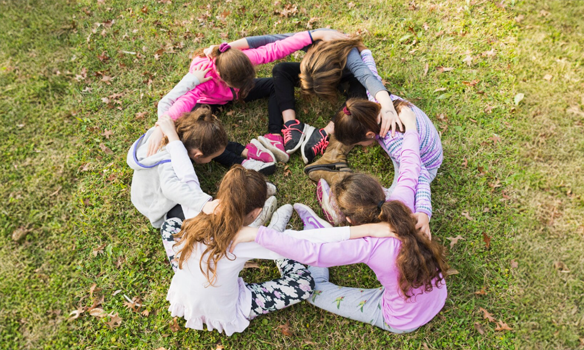
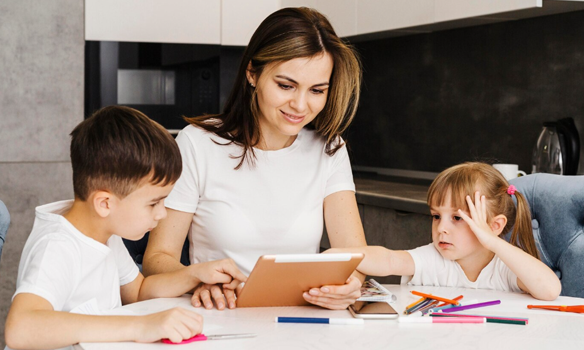
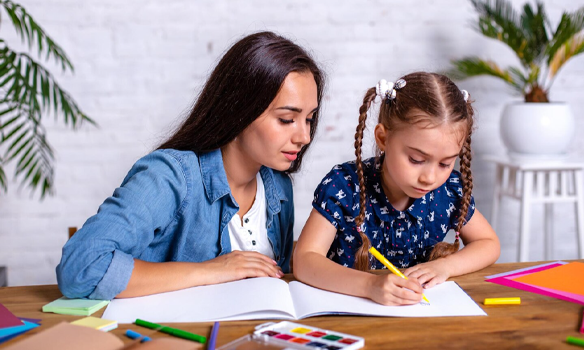
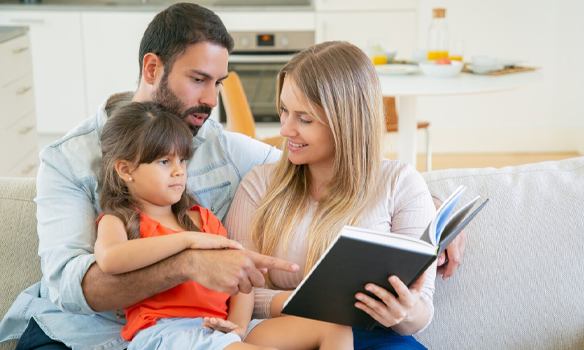
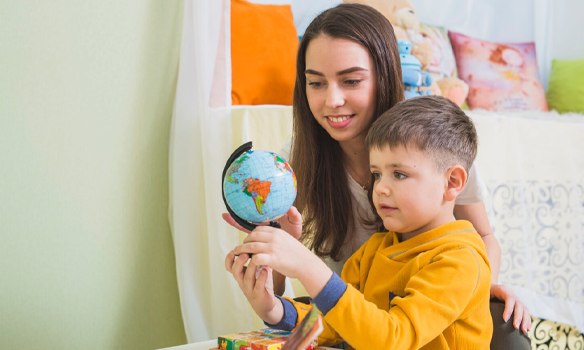


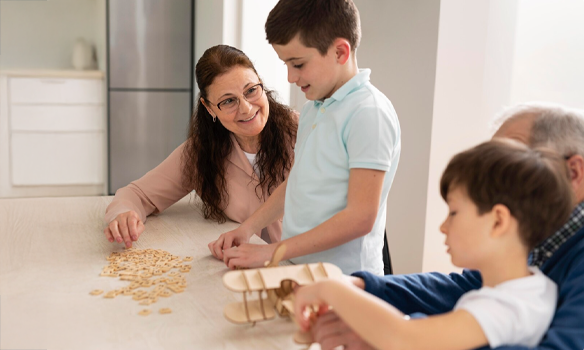







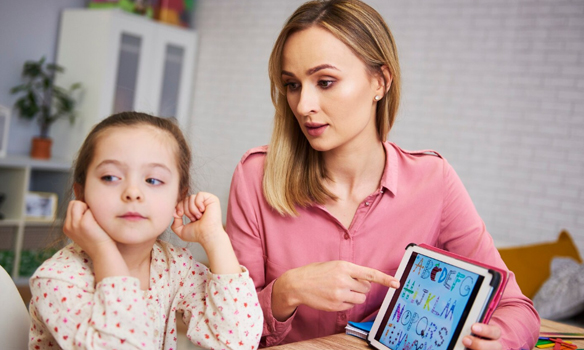



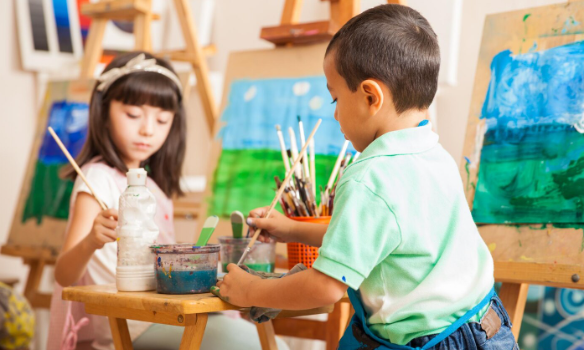

.jpg)
